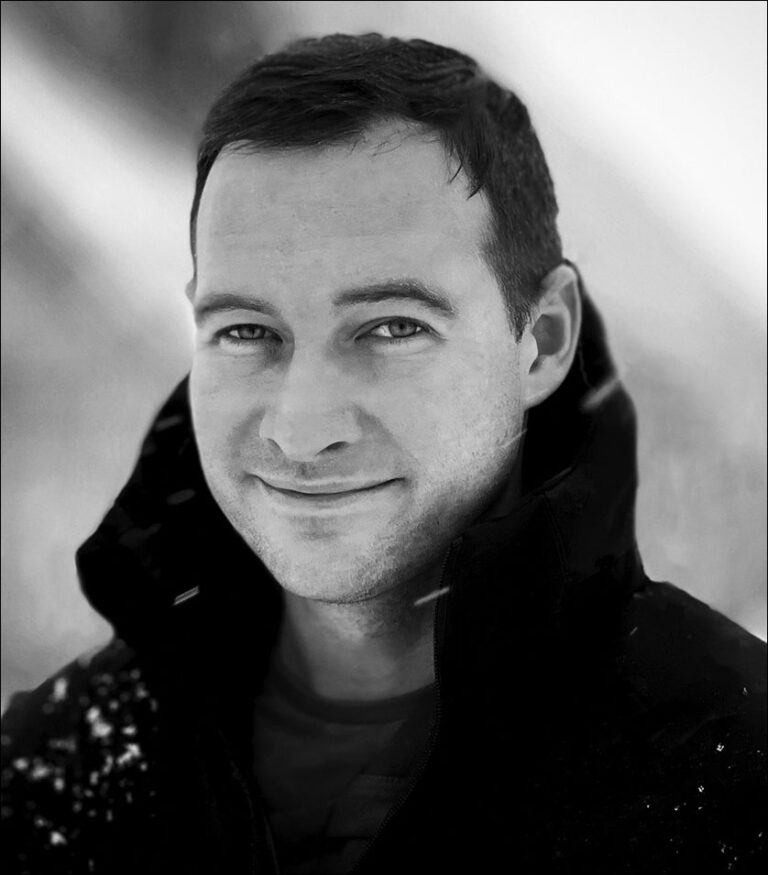In Trip to utopia (Grand Central, January), Breen describes the role played by married anthropologists Margaret Mead and Gregory Bateson in mid-20th century psychedelic research.
How did you come to this subject?
I was going through the Bateson archives and realized that within the story of Mead and Bateson, there was an alternate story about the origins of psychedelic science. It wasn’t just about this small subset of medicine; it was a reaction to the trauma of the First and Second World Wars. This feeling that there was a new type of medicine that could heal trauma was very present in the archives.
It is surprising that anthropologists were pioneers in the field.
Mead was a strong and very confident personality. She was extremely optimistic and convinced that she would help the world create a new global culture that would allow people to express themselves more fully. It would prevent war, it would combine all human cultures. It seems strange, but, you know, utopian science is coming back now, and in a way that it was also talking about then, like the effects of automation and AI. As I researched this book, I was continually surprised by the many ways it seems relevant today. Bateson, on the other hand, was very unsure of himself and was jumping around. But he could mix all these different ways of thinking.
Many readers will not realize that psychedelic research predated Timothy Leary by decades.
Yes, in the 1950s Cary Grant underwent psychedelic therapy and spoke about it in interviews. He felt LSD had changed his life. And Clare Booth Luce took LSD to recover from her daughter’s death in a car accident. But this open era of the 1950s ended with Nixon’s War on Drugs, which reshaped the historical memory of the moment. Timothy Leary was a regressive character compared to Mead. He was essentially the leader of a group of Harvard men who thought they were going to become scientific priests who would lead a new form of culture. Margaret Mead had many faults, but she knew that this had to be a large-scale social movement that would impact cultural change. And Leary basically had no connection to what she was trying to do.
How involved was the CIA in psychedelic science?
What I didn’t realize was that it was even more shaped by the Office of Strategic Services, in the early 1940s, during the war, and those same people had returned to do psychedelic research for the CIA . Bateson was involved with the group in the 1940s, but later he was anti-war and saw himself as having accidentally contributed to this escalation of what I call the psychedelic Cold War.
What about psychedelics now?
I think we will soon see FDA approval of psychedelic drugs. I have spoken to many people who anticipate considerable progress in this type of therapy.
A version of this article appeared in the 10/30/2023 issue of Publishers Weekly under the title: The psychedelic cold war
